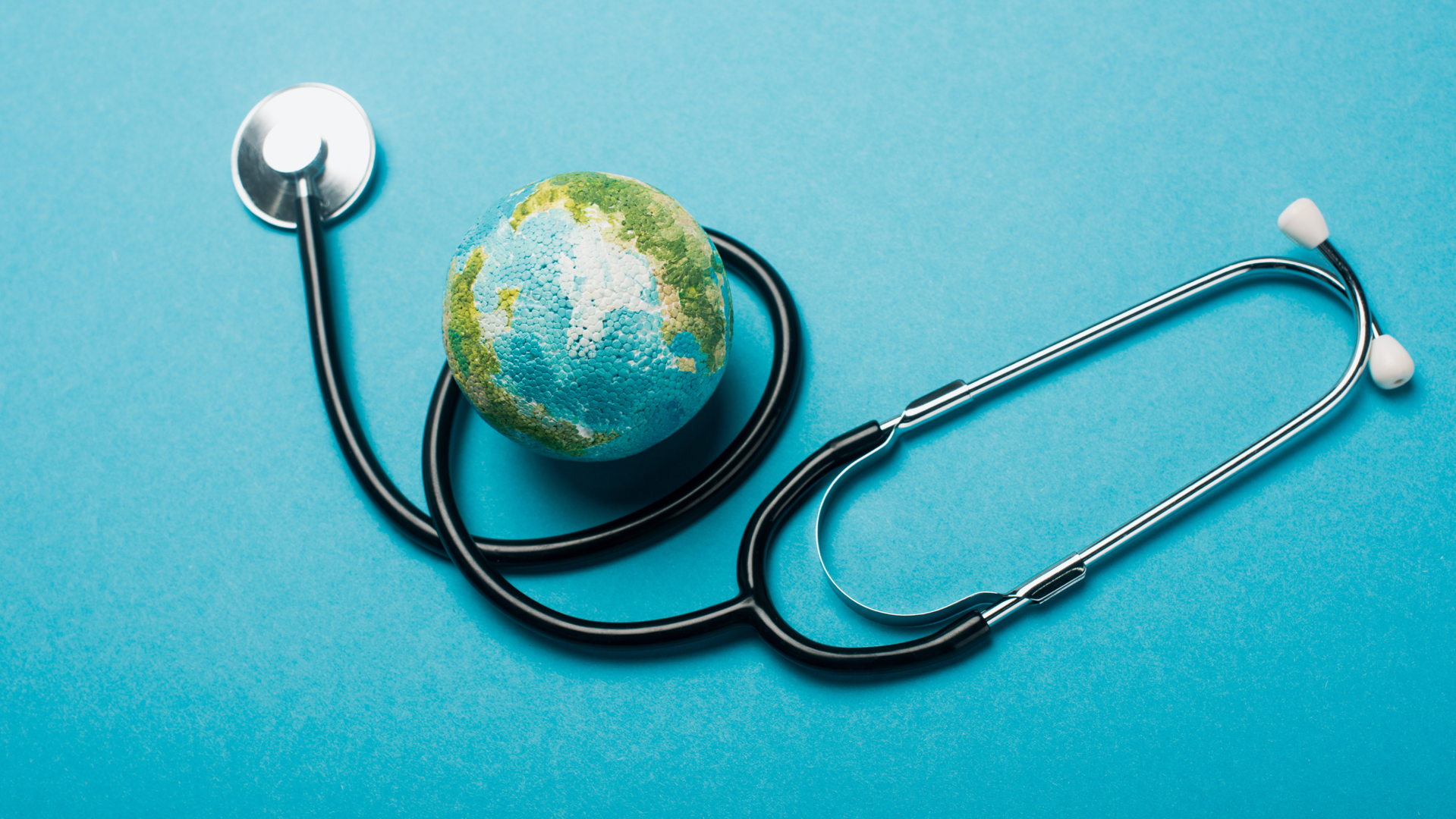COVID Doesn’t Care About National Borders – And to Control it, Neither Should We
Steve Collis, Chairman, President & CEO, AmerisourceBergen

As a Board Member of the International Federation of Pharmaceutical Wholesalers, I have spent countless hours with colleagues across the world contemplating this issue. Wealthier nations, well-capitalized manufacturers, distributors, and all those with the means have an opportunity to solve this global crisis – to end this current pandemic and to use this moment to create stronger systems for health care delivery in the future.
According to the World Health Organization (WHO), wealthier nations have administered 61 times more COVID-19 doses per inhabitant than low-income countries. In Africa, for example, less than 6 percent of the continent’s population has been inoculated. Kaiser Health News recently noted that if vaccination trends persist, disparities are likely to grow. This inequity is perhaps epitomized by the fact that the CDC is now considering fourth doses of vaccine for the vulnerable patients in the United States – my current home – while in my birth country of South Africa only 20 percent of the population has received their initial full course of vaccine. The likelihood of developing countries hitting major milestones, like vaccinating 40% of the country before year’s end, is virtually impossible. In fact, to hit that target, low-income countries would need to start increasing their daily vaccinations by 35 times, starting now. These stats are indicative of health care gaps that have long existed.
There is some good news. The world has the United Nations Foundation, the WHO, Doctors without Borders, thousands of NGOs and nonprofits that are moving mountains each day. We have pharmaceutical manufacturers, sophisticated supply chain companies, and hundreds of countries, corporations, and organizations that can afford to support the effort and who now have ample learnings from fighting COVID-19. We just need the organization and willingness to work together and harness our collective ingenuity, expertise, relationships, and resources to create an infrastructure that will enable equitable access to pharmaceuticals. And if the globe can marshal the resources and effort we need to fight COVID-19 anywhere, the infrastructure and lessons we learn will prepare us to address other treatable diseases like tuberculosis – where 95% of deaths occur in the developing world - and malaria, which claims hundreds of thousands of lives a year, but finally has an approved vaccine as of the last few weeks. Governments, providers, and pharmaceutical manufacturers have all learned so much through the process of providing COVID-19 vaccines and therapies this past year. If we all come to the table, we can share best practices and knowledge on how to enhance access to these drugs and share what we know about the virus and efficacy of various therapeutics and vaccines. And it could lay the groundwork for further collaboration.
Put simply: winning a single battle while a war is raging everywhere else is not a victory, it’s merely a hiatus. I do applaud President Biden’s commitment to share more vaccine doses with the rest of the globe – it’s an important first step. And as national leaders continue to contemplate this issue and what’s next on a global stage, untapped resources are standing by and ready to think through an international access effort for COVID-19 and beyond, when ready.
